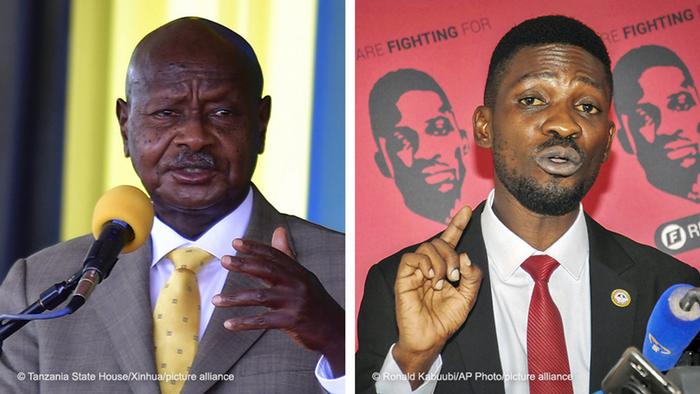How governments are threatening freedom online
Not only since the COVID-19 pandemic billions of people are using the internet every day. We are communicating with our friends and families, making business, dating people, creating art, watching videos and so much more! The internet has really emerged to a virtual place where everything is possible and the digital transition, most intensely probably during the last two years, has been changing the way we are living. We are not only ordering food or working from home – a big essential part of our lives happens online and the fast changes in technology influence the pace we live in.
But what if all this… just disappeared? There are people that now would say: “Ain’t gonna happen!” But last year, the largest data center in Europe burned down – destroying many servers, even more information and probably the naïve belief that everything that I save in the cloud doesn’t need a physical storage (hint: it does).

Okay, but this is happening by accident and doesn’t really affect a whole country.
The only question is: what if there is no accident and a government shuts down the internet intentionally? For the citizens of this country the consequences would be tremendous, socially as well as economically. Unfortunately, this is happening – and in 2020, it happened over 155 times in 29 countries.
How does an internet shutdown look like?
Internet shutdowns have many faces – sometimes the access to the whole internet is blocked, sometimes only certain websites are censored. Occasionally the bandwidth is limited so people cannot share photos or videos of protests for example. The duration of an internet shutdown can run from only a couple of hours to days or even months.
How do these governments proceed and why is it possible?
Most internet shutdowns happen in Asia, followed by the middle east and north Africa. In countries without any democratic control, the ruler can just command the national internet provider(s) to shut down diverse functions or the internet in total. This is often the case when authoritarian state leaders want to secure their power and it often happens during times of unrest or before elections.
In the example of Uganda, the opposition candidate Bobi Wine, had been sentenced to house arrest and a lot of the pre-election was happening online on social media like Twitter. To interrupt this communication, the Ugandan president, Yoweri Museveni, has shut down the internet just until the elections have happened in order to secure his power.
A video regarding the Internet shutdown in Uganda can be found here: https://www.dw.com/en/uganda-shuts-down-internet-during-presidential-election/av-56243961

But also harmless-seeming shutdowns like in India where the state turned off the internet to prevent students from cheating during an exam phase provides harmful tendencies away from the free internet.
What does this mean for us in Europe?
On the one hand, we should be paying attention to internet shutdowns worldwide and we should criticize them. Even though the fear of something alike in Switzerland or France can be rather low, we also see negative tendencies away from the free internet in Europe. Some content is not available everywhere, for example due to Geoblocking. And most of the communicational traffic is nowadays relying on Meta, Google or Amazon services. Recognizing that only a few companies have the power over the most parts of our communication can be frightening – or at least frustrating. Without any judicial process, companies can block people or delete content – having huge impacts for those affected.
When our lives turn more and more online, it can’t be a good idea to transfer the power over our personal data to only a few companies or governments. We should hold these involved parties accountable, only give access to what is really necessary and act towards a more decentralized web, so that the internet can stay like that, what it was made for:
a free place that is accessible for everyone.
Author: Robin Fichtner
Sources:
- https://www.faz.net/aktuell/feuilleton/medien/groesstes-rechenzentrum-europas-brennt-komplett-nieder-17241629.htm
- https://www.accessnow.org/keepiton/
- https://www.bbc.com/news/technology-51620158
- https://www.washingtonpost.com/world/2021/09/29/india-exam-cheating-internet-shutdown/
- https://media1.faz.net/ppmedia/aktuell/feuilleton/medien/245409520/1.7241639/width610x580/viel-war-nicht-zu-retten.jpg (Picture 1)
- https://static.dw.com/image/55544493_401.jpg (Picture 2)